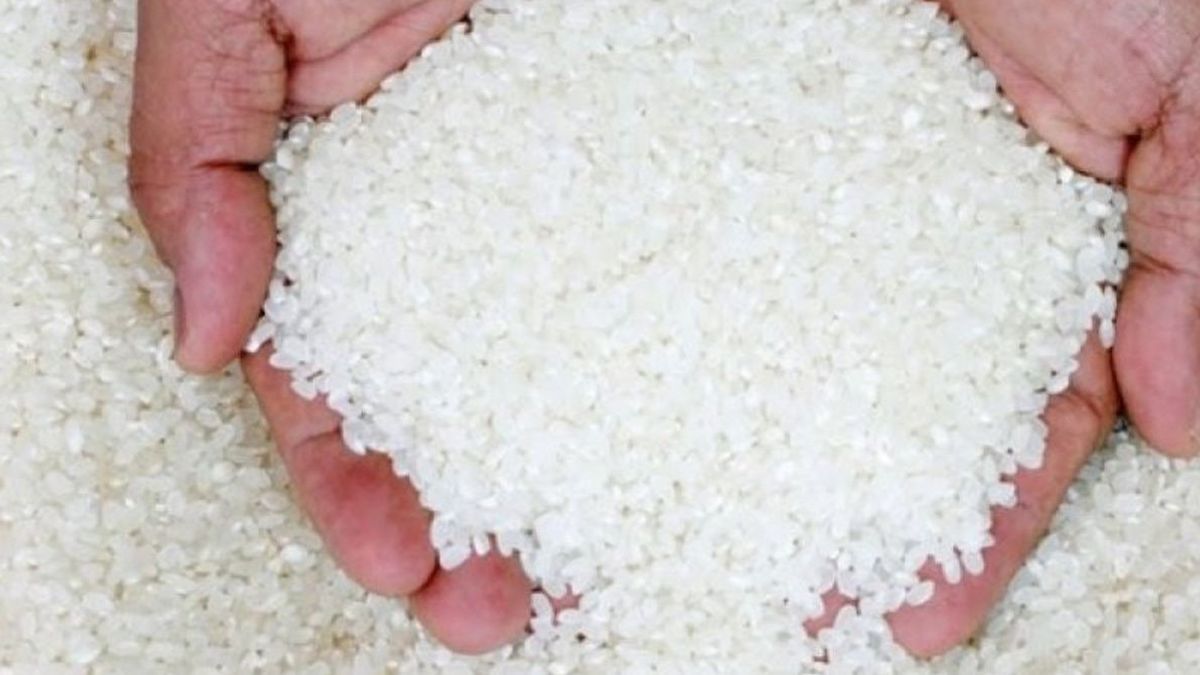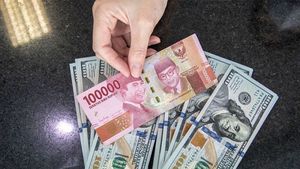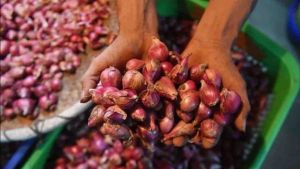JAKARTA - The Indonesian Retail Entrepreneurs Association (Aprindo) said that retailers were forced to sell rice at high prices because they got high prices from producers. Not only rice, other basic commodities such as sugar and cooking oil are also sold above the highest retail price (HET).
Chairman of Aprindo Roy N Mandey said producers had raised the purchase price by 20-35% above HET in the past week. This triggered the retailer to also increase the selling price.
"In fact, at this time we have no choice and have to buy at a price above HET from local rice producers or suppliers, how could we sell it with HET," Roy said as quoted by ANTARA, Sunday, February 11.
Roy said Aprindo did not have the authority to regulate and control the prices determined by the producers of basic commodities.
Prices set by producers as the upstream sector, then flow to retailers in the downstream sector through the distribution network. Then purchased or spent by the public at modern retail outlets.
The increase in prices from producers can cause a shortage or scarcity of basic commodities at modern Indonesian retail outlets.
Scarcity that occurs in the future is able to cause panic buying or overpurchasing for fear of a shortage of stock.
The retailer is currently said to have difficulty getting rice supplies for the local premium type of 5 kilograms packaging. This limitation is due to the fact that the harvest period is expected to only occur in mid-March 2024.
In addition, the absence of stagnant rice supply and medium-type food prices (SPHP) imported by the government is also the cause of scarcity and high rice prices.
"This situation and unbalanced condition between supply and demand has resulted in an increase in the HET of rice in the modern retail market and the people's market," said Roy.
SEE ALSO:
Aprindo asked the government to relax HET and other benchmark prices so that retailers can buy basic commodities from producers.
This relaxation aims to prevent vacancies and scarcity of basic commodities, especially in February, retailers began to make purchases from producers to prepare for the supply of Ramadan and Eid al-Fitr at modern retail outlets.
The English, Chinese, Japanese, Arabic, and French versions are automatically generated by the AI. So there may still be inaccuracies in translating, please always see Indonesian as our main language. (system supported by DigitalSiber.id)
















